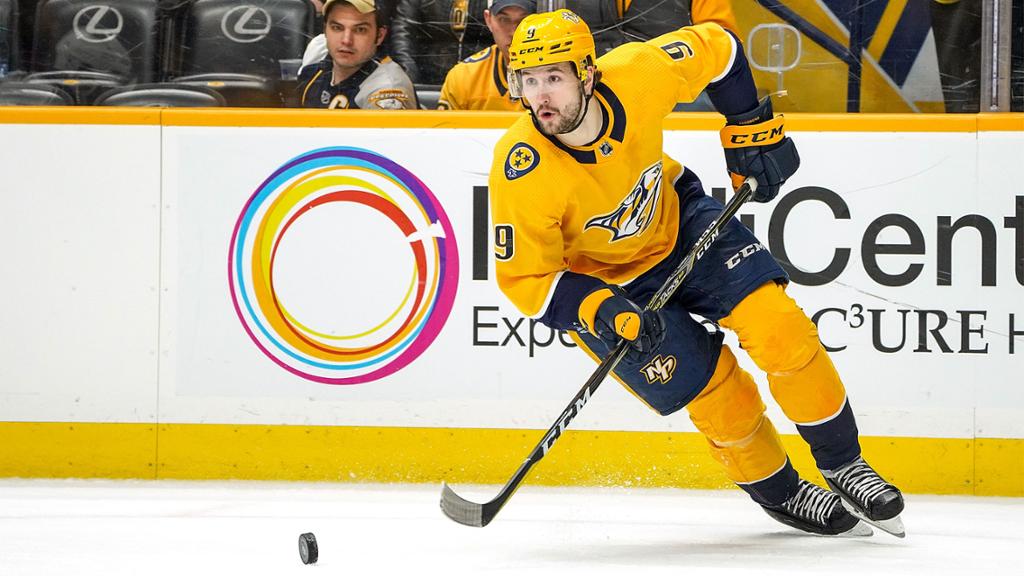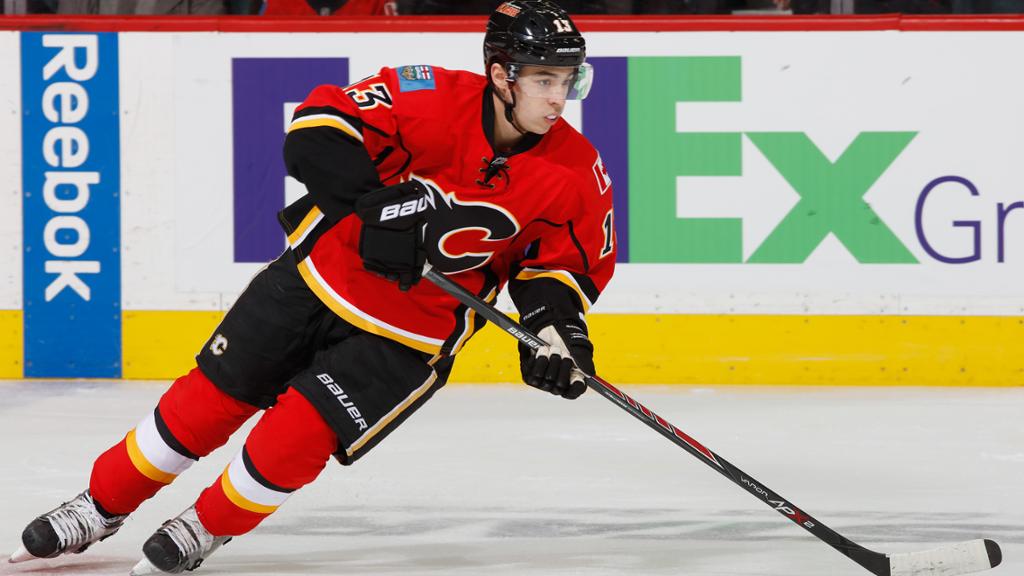I tend to bristle when I hear people exclaim with horror how an NHL player was allowed to play through an injury and put their post-playing days in jeopardy with possible lasting effects. I agree wholeheartedly with this take if it is a concussion but it is most of the other injuries, that I take exception to.
The average career earnings for an NHL player are about $5.2 million before taxes. They are full value for the money they earn and I believe they know that it comes with some risk. At the end of the regular season and playoffs, it gets revealed the injuries that some of these players playing through were. This is sometimes met with criticism towards the league, the team and the player themselves.
This thinking is an insult to every recreational athlete who has played hockey, rugby, soccer, basketball or any other physical sport for 20-30 years of their adult life for the sheer enjoyment of it while holding down a full-time job.
I'm writing this down a little for myself, in order to track the injuries I had and have, so bear with me.
I was a fairly athletic child and enjoyed any and every sport that I could play with my early favourites being skiing, baseball and soccer. As a small, four-eyed kid, I never knew that I was supposed to back down when faced with bigger kids and two older brothers, I just assumed that ending up on the ground was par for the course. I was a good skier, but not great. I was a good fielder in baseball with a weak arm and a poor hitter. I was always a pretty good soccer player, but never great. If I had played ice hockey, I had no doubt, I would have been ok, but never good. Unfortunately, growing up in Vancouver at the time was not conducive to playing ice hockey so I never got to find out.
Whenever I did play ice hockey, football or rugby before the age of 16, I was usually the smallest kid, but I didn't fear hitting or tackling someone and took it as a challenge, which I enjoyed. When grade 12 came about, I managed to get contact lenses and tried my hand at rugby on the school team. I had absolutely no idea what I was doing but I was put in at fullback and whatever I did or how many mistakes I made, the coach seemed to like me and always encouraged me. I was ok.
Getting contacts at 17 years of age, opened up new doors for me in sports. I could dive and tackle with reckless abandon, not worrying about my glasses falling off. I dove in ping pong, I dove in Tennis, volleyball and baseball and any other sport I tried, but forever refused to dive in soccer.
When I was 20, I was playing men's soccer on Sunday mornings and one day my oldest brother asked me if I wanted to play rugby one Saturday after not playing for three years. I reluctantly agreed and was hooked from then on for the next 19 years.
I managed to play both soccer and rugby for the next five years until our men's soccer team folded and I was able to focus solely on rugby, as by that time I had become a better rugby player than a soccer player. I'd also spent a year when I was 23 living in New Zealand and playing for a season there. At the age of 25, I had never had a stitch, broken bone or concussion after a quarter century of fairly rambunctious activities including having two older brothers, drunken ice hockey nights, numerous rugby games and skiing.
At the age of 26, I decided I was going to spend a year in Seoul, South Korea teaching English after just meeting my future wife a few months before. She was heading to her last year of university and I figured a trip would be ideal as we were going to be apart anyway. After a few months, I was able to find an Ex-Pat rugby team out of the US army base and played about seven or eight games during my time there. It was during one of these games that I received my first set of stitches, in a rather glorious display of gore on the field. I must have received a bump on my head just above my eye from a hit or tackle and continued to play. A few minutes later, my bump got hit again and exploded in a cascade of blood which was impressive enough to be captured in a photo as I was walking off the field (I wish I still had a copy).
We just happened to be on the army base, which had a hospital, so that is where I ended up, with the help of 'Sally' an American submarine commander who was about 6'6" and 260 lbs. I didn't have medical or cash, but Sally paid the $200 for me even though we had never met before. In the end, I received eight stitches just above my right eye. Luckily I didn't have a concussion. This time.
I had to teach the next day at an English school to seven and eight-year-old children who nicknamed me 'Punchy Punchy'. I figured it was too much of an effort to explain the sport of rugby so I just smiled and accepted their version of the events which must have happened.
A week later, I was back on the base playing rugby again and repaid Sally his money and thanked him once again. I'll never forget how trusting and sincere he was.
I managed to remain intact for the balance of my stay in Korea and went home to Vancouver ready to get on with my life playing rugby every Saturday for the next 13 years where my ability to stay injury free took a severe beating.
in the subsequent 13 years of playing rugby here was my list of injuries:
- four concussions (all relatively mild)
- broken cheekbone (surgery)
- stitches in my face or head five different times for a total of more than 30 (three times able to go back in the game with a diaper on my head under a scrum cap or a band-aid on my face).
- broken arm (surgery with plate put in)
After six weeks of healing from a broken arm, I figured I was good to at least go to rugby practice and play touch. After 30 minutes, I was whacked on the arm and it hurt and clicked a little. The next day I had a physio appointment near UBC where my surgeon had an attached office. After 30 seconds, my physio excused herself and brought in my surgeon who called me a 'fucking idiot'. Three hours later I was in surgery once again.
- broken arm #2 (same arm) (surgery with a longer plate and bone graft from my hip) (the hip was a pre-cursor for things to come)
- separated shoulder
- cracked sternum
- cracked kneecap
- torn MCL
- dislocated thumb (re-set by a knowledgeable teammate during the play)
- a broken nose (two times) (re-set by knowledgeable teammates on the sidelines both times allowing me to go back into the game)
There was always an internal sense of pride to play through an injury if possible and prove my toughness. I was never sure who I was trying to prove it to and I'm not sure it ever made any sense to anyone by myself. In hindsight, I was an idiot, but I give myself credit for always taking concussions seriously and taking the appropriate time before coming back. Everything else in my mind, were superficial injuries that would heal.
During my last year of rugby at the age of 39, I discovered that my speed and agility had dropped quite significantly and I had become what can only be described as a bad rugby player. It was a little sad as I had still been pretty good the year before at the age of 38. I just figured that was just age catching up to me so I quit playing as it was no longer enjoyable.
In the next year, I discovered I had become very bad at softball, volleyball, soccer, ice hockey (I started a team when I was 35 and played for four years) and golf. So I quit everything except golf once in a while.
At the age of 45, I found things like walking or standing for a long period of time excruciating and knew that there was something else at play with my body. I asked my doctor and she sent me to get an MRI, where they discovered that the only issue was the vertebrae in my neck was a little out, but that while it was something to monitor it wouldn't be causing me the discomfort I was feeling.
I tried massage therapy for about six months with no relief then out of desperation I agreed to go to a friend's chiropractor. Within an hour of taking an x-ray, he discovered that my hips were fucked. He thought it was bad news, but to me, it was great news. After six or seven years I had an answer. It turns out that bone doesn't show up well on an MRI but is much better on an X-ray. I went back to my doctor with this revelation and she had me get more X-rays and concluded that the chiropractor was correct. I was on my way to getting a hip surgeon at the age of 47.
I feared I was too young, but after meeting with the surgeon, he said I was an ideal candidate for hip replacement. Six months later I had my first hip replaced and the pain relief was instant. Two years after that I had the second hip replaced and felt relatively normal once again.
Unfortunately, I'm unable to participate in any of the contact sports I was able to do most of my life but am still able to golf. I'm not about to risk messing up my hips for a sport any longer. Those days are gone.
I don't harbour any resentment toward anyone or any sport I've ever played, but I crack a smile when someone mentions that a professional athlete might suffer after their playing career after earning $5.2 million. There are millions of recreational athletes like myself who subjected themselves to similar punishment and enjoyed it at the time. Of course, we didn't know the exact effects it would have on us, but I wouldn't change much at all. I'd only hope that I would have made a tackle that I had missed or caught the ball that was just outside of my diving reach.
I miss being athletic and just being average at anything, but that might be more a function of getting older than all of the injuries I've sustained. I certainly don't look back and place blame on anyone or any sport that I played as having a hand in where I'm at today. My scars (I have over 100 stitches now) and injuries are the tattoos that I don't have on my body and they all tell a story.





